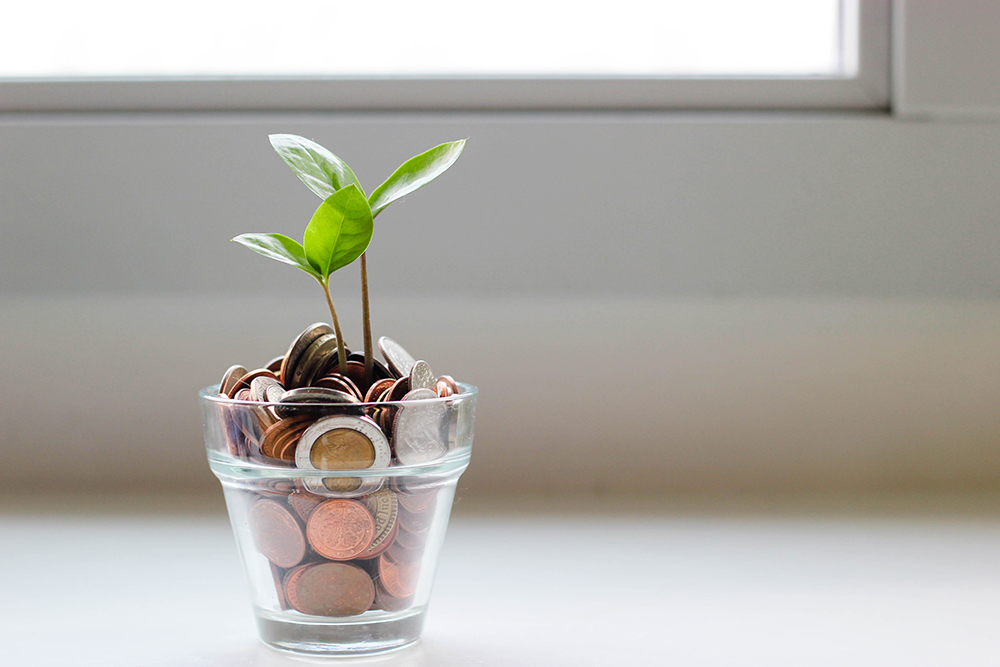In the last few years, mortgage rates have touched lows we’ve never seen in our lifetimes, and recently have risen to levels not seen in over a decade. In the initial stages of mortgages, the interest calculated is based on the mortgage rate applied to a vastly huge mortgage balance. You might be surprised to learn that even relatively small changes in mortgage rates can have massive impact on the percentage of payments that go toward principal, on the advantage of making early prepayments on the mortgage, and on the value that can be financed in a loan.
By the end of the loan, almost 100 percent of every payment goes to principal, but early on the amount varies widely. For example, for a 2 percent mortgage, 55 cents of every dollar in the first payment goes toward paying off principal. For a 6 percent mortgage, only 16.6 percent of that first payment goes toward principal. This means the lower the mortgage rate you lock in, the quicker you can build equity.
For a 30-year fixed mortgage at the beginning of the loan, how much time does it knock off to prepay one month’s payment? Again, the answer varies widely depending on your mortgage rate. At the extreme of a zero percent mortgage, a month’s prepayment will reduce the term of your loan by exactly one month. At a 2 percent mortgage, it will knock almost two months off, while at 6 percent it will reduce the term by almost six months. As mortgage rates get higher, the numbers get more extreme — at an 11 percent mortgage, a single month’s prepayment early on will reduce the term by over two years! This is interesting, but not very practical. If you have resources to make very large prepayments early in a mortgage, you probably could have just made a larger down payment to begin with and locked in a much lower monthly payment. Nevertheless, it does show that as mortgage rates rise, prepayments become much more beneficial.
Probably the most interesting variable about mortgage rates is the potential impact they could have on house prices. Imagine a 30-year fixed mortgage with a $1,500 monthly principal and interest payment and zero down payment. How much house will that buy? At today’s 5 percent mortgage rate, that payment would finance a $279,000 loan. At 2.75 percent, a rate we were seeing just a few months ago, that payment would buy a $367,000 house. If rates jumped to 10 percent, a rate most of us have seen in our lifetimes, that same $1,500 a month could only buy a $170,000 house.
When mortgages are discussed, the question of paying them off early always comes up. When we run the numbers historically, the answer is that you should not prepay a mortgage at all if you can help it, at least at these rates. It’s difficult to find a 30-year period where the return of a reasonable investment allocation would not meaningfully exceed 5 percent. Ultimately owning a house is far more an emotional decision than a financial one, so making choices in your mortgage for peace of mind, rather than dollars and cents, can make sense — many of our clients pay off their mortgage even knowing it’s not likely to be an optimal financial decision.
There is always uncertainty in real estate, and it feels like these times are more uncertain than usual. Hopefully these facts can help you think through your real estate decisions as mortgage rates rise and more inventory comes on the market.
Gene Gard is Chief Investment Officer at Telarray, a Memphis-based wealth management firm that helps families navigate investment, tax, estate, and retirement decisions. Ask him your questions or schedule an objective, no-pressure portfolio review at letstalk@telarrayadvisors.com. Sign up for the next free online seminar on the Events tab at telarrayadvisors.com.


